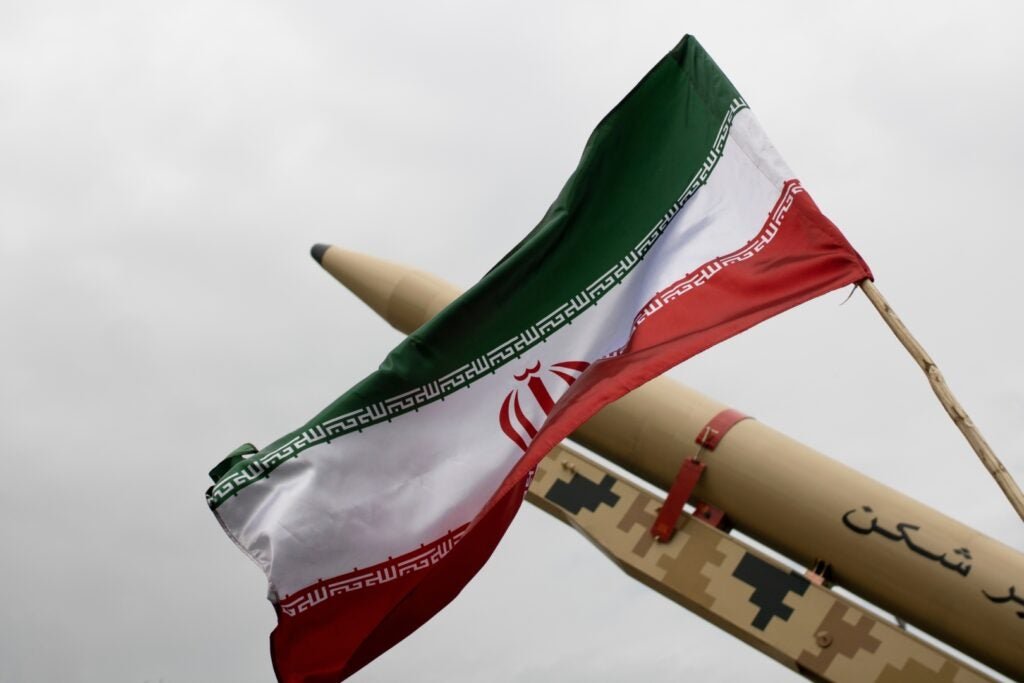Iran’s Recent Missile Attacks: A Show of Strength and Resolve
In a recent development, Iran has conducted a series of missile attacks on Pakistan, Iraq, and Syria as a show of strength, asserting its military capabilities, and its resolve to retaliate against any threats. Iran’s Defense Minister, Mohammad Reza Ashtiani, declared the country’s missile power to the world following a cabinet meeting. He warned that Iran would respond decisively to any threats against it.
“We are a missile power in the world,” Ashtiani said. “Wherever they want to threaten the Islamic Republic of Iran, we will react, and this reaction will definitely be proportionate, tough, and decisive.”
The missile strikes were intended to reassure Iran’s conservative factions and its militant allies while sending a warning to its adversaries, including the U.S., Israel, and terrorist groups. The attacks were carefully calibrated to demonstrate Iran’s strength without escalating the ongoing regional conflict, particularly the war between Hamas, an Iranian-backed group, and Israel.
However, these attacks have led to diplomatic tensions, with both Iraq and Pakistan recalling their ambassadors from Tehran. Pakistan has also barred Iran’s ambassador from re-entering the country. Iran has publicly framed the missile strikes as acts of vengeance, citing recent attacks on its soil and the assassinations of two senior Iranian commanders in Syria, which it has blamed on Israel.
The recent missile strikes mark a significant shift in Iran’s approach to the ongoing regional conflict. The country has traditionally relied on proxy groups to retaliate against its enemies, but this time, it has taken direct action and publicly framed the strikes as acts of vengeance.
Iran’s direct involvement in the Israel-Hamas conflict was first evident when it launched a missile attack on an alleged Israeli espionage base in Iraq. This departure from its previous strategy of limited involvement, which had been mainly rhetorical, signifies a more assertive stance.
Meanwhile, Iran’s supply of weapons to Houthi rebels in Yemen has been temporarily disrupted by U.S. and U.K. airstrikes. This intervention has led to cautious optimism among Western officials regarding the effectiveness of military measures to curb Iran’s influence in the region.
In response to the Iranian airstrikes on Pakistan, the latter conducted retaliatory airstrikes inside Iranian territory, resulting in casualties. This escalation of tensions highlights the volatile nature of the situation and the potential for further conflict.
The recent missile attacks by Iran demonstrate its determination to protect its interests and project its military capabilities. As the situation continues to unfold, it remains to be seen how these actions will impact the regional dynamics and the prospects for peace in the Middle East.





